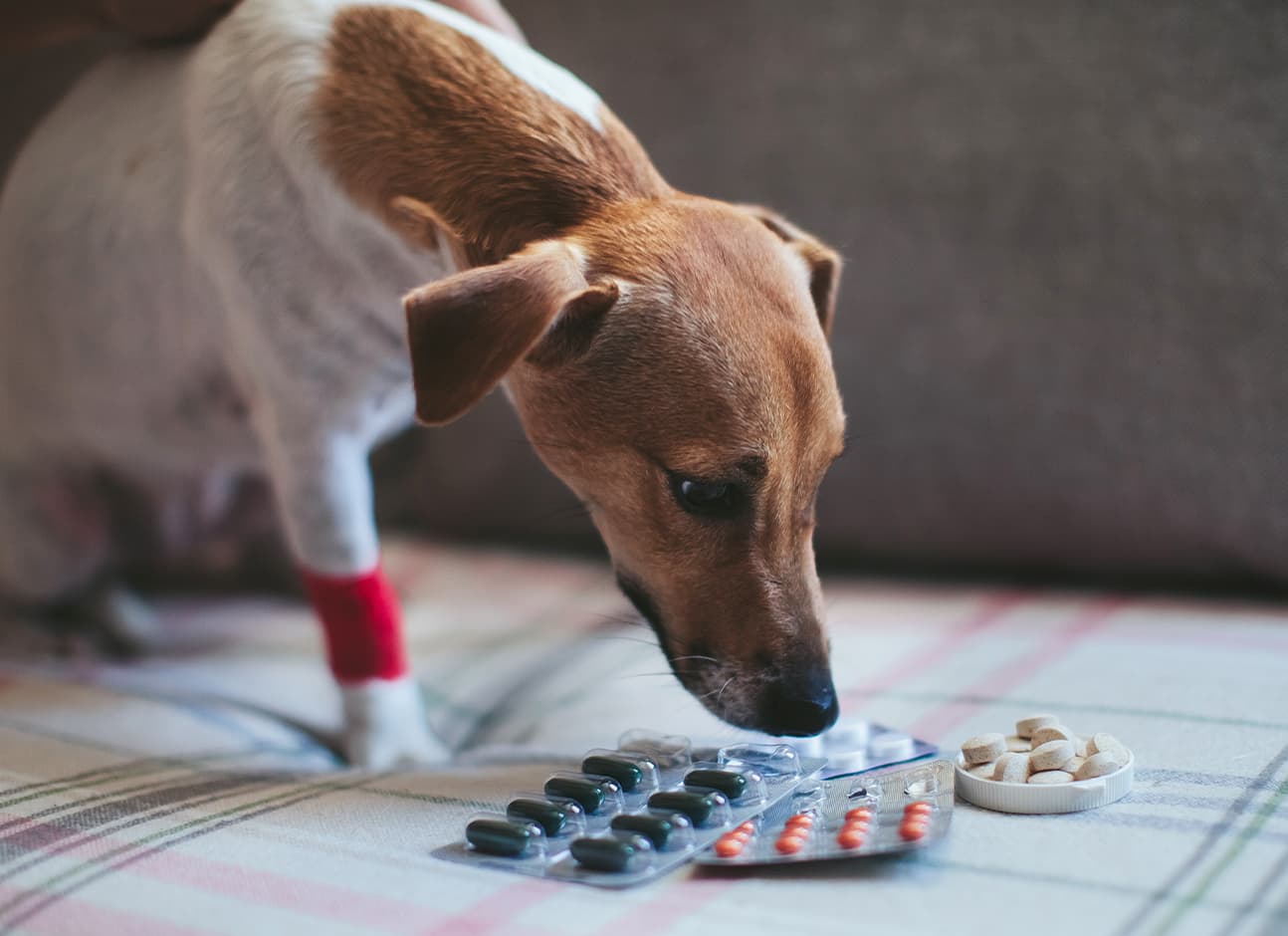No puppy owner wants to hear bad news about their pet’s health. Yet, much like human beings, dogs are also subjected to a number of illnesses and infections over the course of their lifetime. From injuries to viral and bacterial infections, a dog owner needs to have a good understanding of the myriad ailments that affect dogs. Canine parvovirus (CPV) is one such viral infection which is a serious condition with potentially deadly implications.
Parvovirus is highly contagious and is transmitted from dog to dog through direct or indirect exposure. Coming into contact with an infected dog or an object or person touched by one can potentially expose your canine friend to the deadly virus. A puppy is most susceptible to contracting the virus when they are six weeks to six months old. Additionally, certain dog breeds including Rottweilers, Doberman Pinschers, Labrador Retrievers, and German Shepherds are predisposed to the viral infection.
Symptoms of CPV include fever, nausea, lethargy, loss of appetite, weight loss, vomiting, bloody diarrhea, dehydration, and despondency. Continued vomiting can result in dehydration. If the intestines and the immune system sustain any related damage, it could cause septic shock.
Despite the untreatability of the infection, there are still some steps that you can take to help your puppy through this challenging time. If you suspect a case of CPV in your pet, you must take them to the veterinarian immediately as the chances of fatality usually increases within 48 to 72 hours of the manifestation of symptoms. Since there is no cure for canine parvovirus, treatment includes supportive care to aid the immune system, including intravenous fluids and antiemetic medication to control vomiting. Nutrition is essential to help your puppy recover from CPV. In some cases, your pet may require a tube to facilitate feeding. Any imbalances related to electrolyte(s) or blood sugar levels should also be resolved. You must also ensure that your puppy gets the canine parvovirus vaccine (core vaccine) every three to four weeks from 6 weeks to a minimum of 16 weeks of age, as a preventative measure.
Secure a healthier future for your dog. Explore our Dog Vaccinations offerings now!
